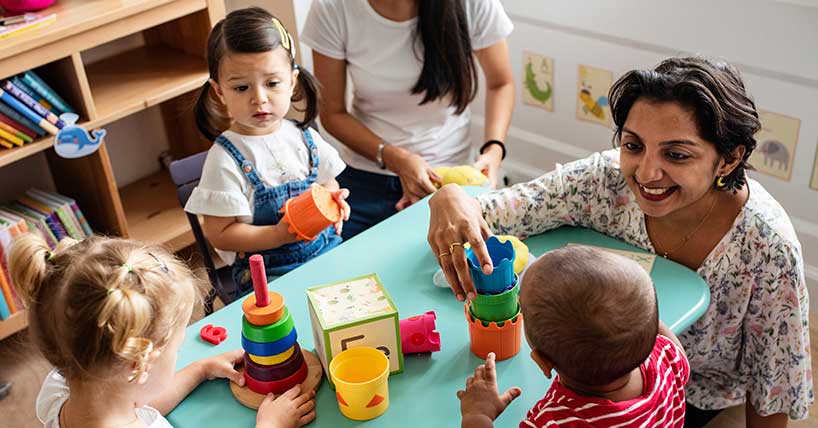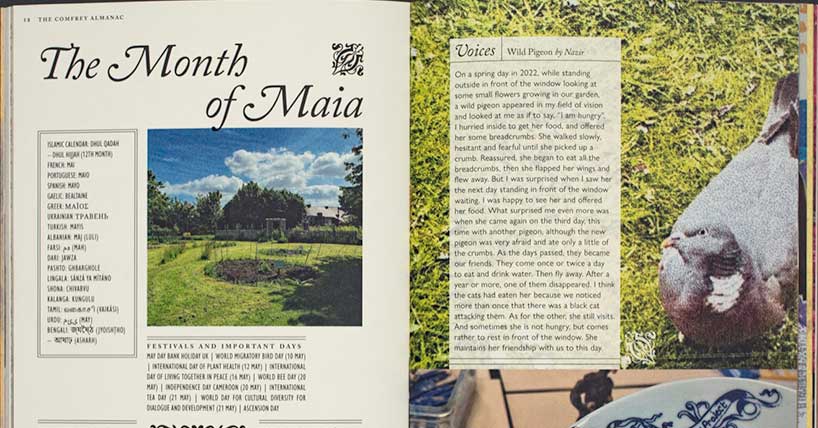speech and language guidelines
Experts contribute to new speech and language guidance for early years
Published on: 11 November 2025
Academics from Newcastle University’s School of Education, Communication and Language Sciences, have helped to develop new Government speech and language guidance for early years settings.
Better outcomes
It looks at how nurseries, childminders, and early years professionals can identify children’s communication needs, deliver targeted interventions, and work together with families and specialists to secure better outcomes.
Professor Helen Stringer and Dr Vic Knowland were part of a team which included experts from the University of Oxford, the NHS and The Michael Palin Centre for Stammering. They contributed to Identifying and supporting the needs of children with SEND in mainstream settings, which has been published by the Department for Education.
It identifies the best evidence available to support all children to develop robust speech and language skills and support those who stammer. Currently, young children with speech, language and stammering needs are at risk of missing out on effective support with significant implications for their confidence, learning, and long-term wellbeing.

Integrated approach
Professor Stringer and Dr Knowland’s team looked at the issues facing children who have speech needs and all children who would benefit from professionals working together. They reviewed the current available evidence and found that while a number of tools and approaches were identified, there were also gaps in early identification approaches and limited evidence-based interventions for use by professionals working in early years settings.
“Services for children with stammering, speech and language needs are so stretched that all professionals need to work effectively together to maximise the resources we have for the benefit of these children who are at risk of so many future difficulties,” said Helen Stringer, Professor of Childhood Speech Sound Disorder and Behaviour Change. “This report is a guide for all early years providers.”
Dr Knowland, a lecturer in Speech and Language Sciences, said: “Children’s speech, language and communication in the early years is an enormous area of need in the UK at the moment. Children require the right support at the right time, so early years practitioners have a hugely important role to play.”
Their review found that integrated approaches, between speech and language therapy teams and early years settings bring clear benefits for everyone involved, from children and their families to the practitioners who support them.
Successful partnership work includes strong leadership from senior speech and language therapists, school and nursery leaders, and local authorities, as well as open communication and cross-professional teamwork.
These collaborative models help staff share skills and knowledge, improve confidence in spotting needs, and make better use of specialist resources.
For children, this means earlier support and better speech and language outcomes. Parents and carers also benefit, gaining confidence in helping their child, building stronger relationships with professionals, and engaging more effectively with wider services.
The review warns that big gaps remain, especially in spotting speech difficulties and stammering early, in proven interventions and in support for children who are bilingual.
Ensuring that early years practitioners have the skills, knowledge and confidence to support all children’s speech and language is a priority and will require sustained effort with a focus on high-quality and accessible training and local collaboration.
Press release adapted with thanks to the University of Oxford



